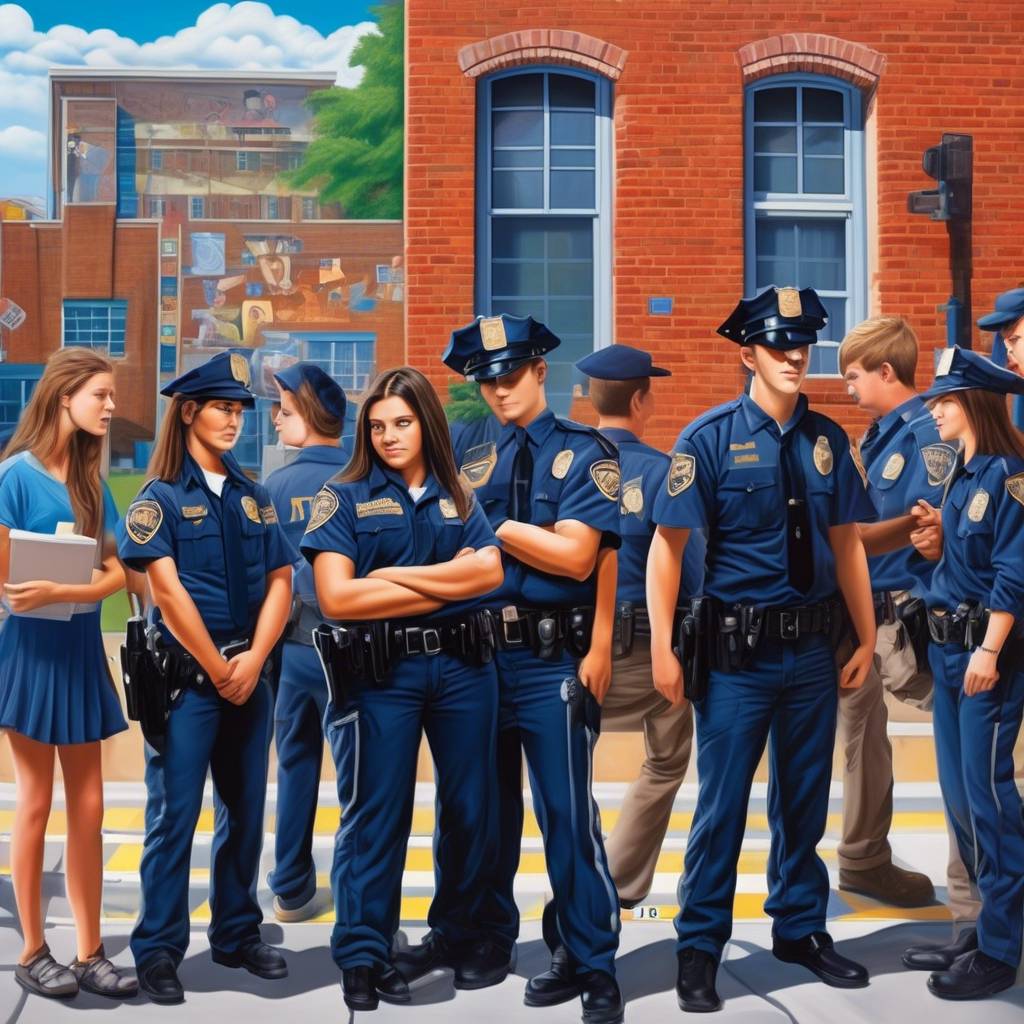In June 2022, high school students in Conway, New Hampshire, created a mural on the side of Leavitt’s Bakery, depicting a scene of pastries as mountains with a golden sun rising over the ridge. However, town code enforcers soon informed the bakery owner, Sean Young, that the artwork was considered a sign and therefore violated town regulations. Sean refused to remove the mural and filed a lawsuit with the Institute for Justice to protect his First Amendment rights. Despite ongoing legal battles, the town of Conway voted for a new warrant article that imposes a complex approval process for art on private property.
Under the new requirements, murals on commercial property must be approved by the town’s planning board. The board must assess whether a proposed mural covers more than 25% of a front façade and ensure that the design does not contain any commercial elements, such as prices, products, or business promotions. The committee is also responsible for determining whether the proposed art is representative of the community and the natural beauty of the Mount Washington Valley. These subjective regulations on art have been criticized as unconstitutional and arbitrary by Sean’s attorney, Rob Frommer, who believes the ordinance will invite further litigation for the town.
The ban on anything the town deems commercial was the reason behind the code enforcement action against Leavitt’s Bakery. The subjective regulation of art on private property infringes on First Amendment rights, as determining what is representative of the community is subjective and open to bias. Business owners are now faced with self-censorship and the fear of being denied approval for murals that may be connected to their services. The town’s attempt to micromanage murals is fueled by concerns over preserving the community’s character, but business owners typically seek art that enhances their locations rather than detracts from them.
An instance of another business being threatened with fines for an existing mural of butterfly wings highlights the town’s inconsistency and arbitrary enforcement of regulations. Despite concerns about potential offensive or inappropriate artwork, business owners have a vested interest in commissioning art that appeals to their customers and fits into the community aesthetic. The high school art class that created the mural for Leavitt’s Bakery did so with the intention of reflecting the natural beauty and local charm of the area. However, the town’s restrictive regulations on art have stifled creative expression and led to unnecessary legal battles.
Conway residents are now faced with blank walls on businesses and the fear of what artwork may be deemed unacceptable under the new regulations. The ongoing legal battles and restrictive policies have sparked discussion about the importance of artistic freedom and the need for a federal court decision to reaffirm this basic right. As the town grapples with conflicting opinions on art and business murals, the essence of community representation and the balance between creative expression and local regulations remain at the forefront of the debate. Ultimately, the outcome of these legal challenges will shape the future of art and free expression in Conway, New Hampshire.









